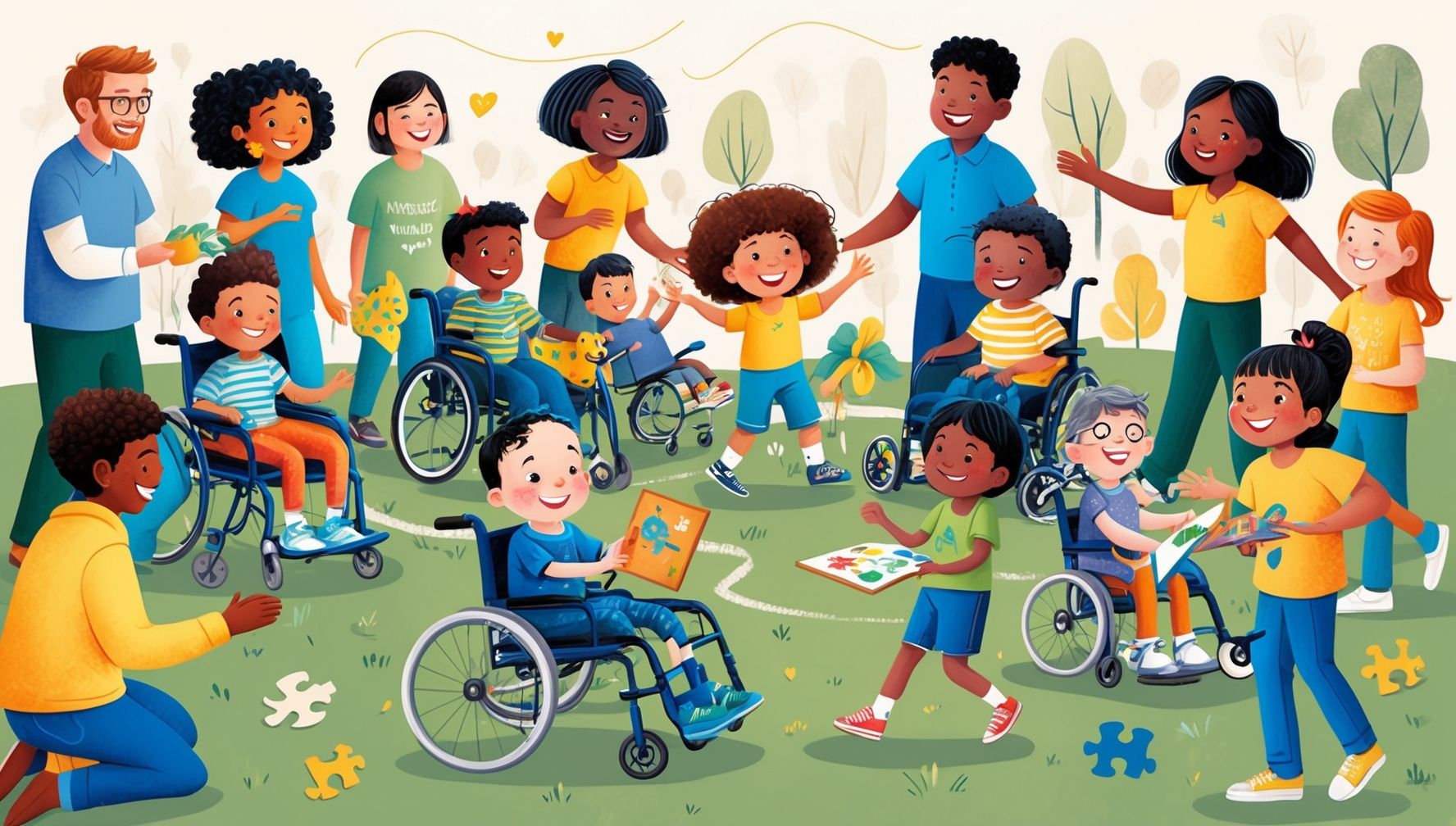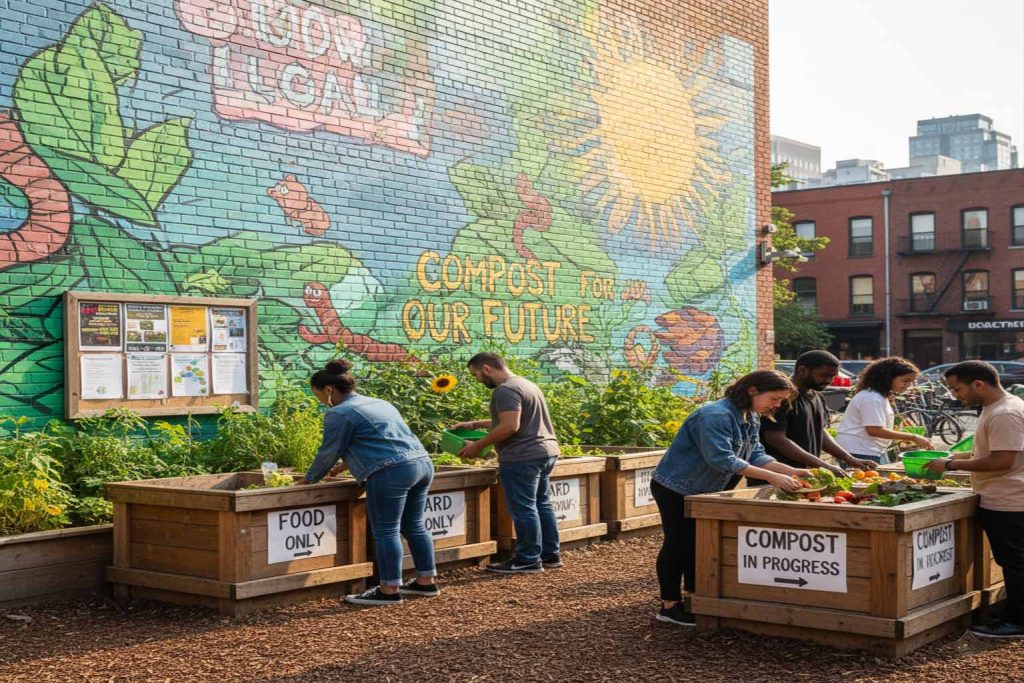Supporting children with special needs is crucial for fostering an inclusive and compassionate community. By offering tailored support and resources, you can help these children thrive and ensure they receive the opportunities they deserve. For many families, early preparation also includes understanding long term care needs and exploring baby budget cost calculators to better anticipate ongoing expenses related to therapy, education, and daily support.
Here are practical ways to effectively support children with special needs in your community.
1. Understanding Special Needs
Types of Special Needs: Special needs can range from physical disabilities and sensory impairments to developmental disorders and learning challenges. Understanding the different types helps in providing appropriate support and accommodations.
Individualized Needs: Each child’s needs are unique, and support should be customized to fit individual requirements. Collaborate with parents, caregivers, and professionals to develop tailored plans and interventions.
2. Creating Inclusive Environments
Accessible Facilities: Ensure that community spaces, schools, and recreational areas are accessible to children with disabilities. This includes ramps, elevators, accessible restrooms, and sensory-friendly spaces.
Adaptive Programs: Design programs and activities that accommodate various needs. For example, adaptive sports programs, after-school programs, or sensory-friendly events can help children with different abilities participate fully.
Training and Awareness: Provide training for staff and volunteers on how to interact with and support children with special needs. Awareness programs can help reduce stigma and promote understanding within the community.
3. Offering Educational Support
Special Education Services: Support schools in providing special education services and resources. This may include individualized education plans (IEPs), specialized teaching methods, and assistive technologies.
Tutoring and Mentoring: Offer tutoring and mentoring programs that cater to children with special needs. One-on-one support can address academic challenges and enhance learning experiences.
Inclusive Classroom Practices: Encourage the implementation of inclusive classroom practices where children with special needs learn alongside their peers. This fosters a sense of belonging and promotes social interaction.
4. Providing Emotional and Social Support
Counseling Services: Access to counseling services can help children with special needs manage emotional and behavioral challenges. Provide resources for both individual and family counseling.
Social Skills Training: Programs focused on developing social skills can help children with special needs build relationships and navigate social situations more effectively.
Peer Support Groups: Create support groups where children with special needs can connect with others who have similar experiences. These groups provide a sense of community and mutual support.
5. Advocating for Resources and Services
Resource Navigation: Families often need assistance navigating therapy services, medical care, and financial support options. Using tools such as a baby expense estimator can help caregivers better understand potential costs and plan resource use more effectively.
Advocacy and Awareness: Advocate for policies and practices that support children with special needs. Participate in community forums, support organizations, and raise awareness about the needs and rights of these children.
Fundraising and Donations: Organize fundraising events or donation drives to support special needs programs and services. Financial contributions can help provide essential resources and improve the quality of support available.
6. Encouraging Family Involvement
Family Support: Provide resources and support for families of children with special needs. Offer parenting workshops, respite care options, and opportunities for family engagement in community activities.
Parent Advocacy: Encourage parents to become advocates for their children’s needs. Support them in navigating educational systems, accessing services, and participating in policy discussions.
Community Partnerships: Foster partnerships between schools, healthcare providers, non-profits, and community organizations to create a network of support for children with special needs and their families.
7. Celebrating Achievements and Contributions
Recognize Milestones: Celebrate the achievements and milestones of children with special needs. Acknowledging their progress and contributions fosters a positive and inclusive environment.
Showcase Abilities: Highlight the abilities and talents of children with special needs through community events, exhibitions, and performances. This promotes a focus on their strengths and capabilities.
Community Involvement: Encourage community members to actively participate in supporting and celebrating the achievements of children with special needs. Engagement and recognition contribute to a more inclusive and supportive community.
Safe Play Areas for Kids: Ensure that recreational spaces within the community include safe play areas for kids with special needs. This promotes physical activity and social interaction in a secure environment.
Conclusion
Supporting children with special needs requires a comprehensive approach that includes creating inclusive environments, offering educational and emotional support, advocating for resources, and involving families. By taking these steps, you can make a meaningful impact and help ensure that all children in your community have the opportunity to succeed and thrive.






